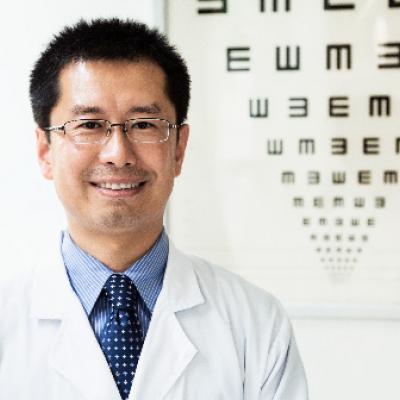All Categories
Featured
Table of Contents

Routine eye exams are vital for maintaining excellent vision and detecting possible eye health issues early. The regularity of these exams can differ considerably based on an individual's age, lifestyle, and total health. Recognizing the advised timetable for eye exams can help make certain that individuals of all ages obtain proper treatment and surveillance for their eye health.
Newborns and Toddlers (0-2 Years)
For infants and toddlers, eye exams are vital for identifying any type of possible vision issues at an early stage. The American Academy of Ophthalmology suggests that a kid's first eye exam should take place at around six months of age. During this preliminary go to, the eye treatment professional will assess the kid's aesthetic advancement and check for any type of noticeable eye concerns.Following this first examination, it is advised that kids have an additional eye test at age 3. This go to will concentrate on assessing the child's total visual function, including eye positioning and the capacity to track things. If no problems are detected, the following examination should be set up prior to the youngster begins institution, generally around age 5 or 6.
School-Aged Kids (6-18 Years)
Once children reach school-age child, routine eye examinations ought to be arranged each to two years. Vision is important for finding out and advancement, and many institutions conduct vision testings. Nevertheless, these testings do not replace a comprehensive eye examination by an eye care specialist.For youngsters involved in activities or sports calling for significant visual emphasis, annual eye tests might be suggested. In addition, if a kid exhibits indications of vision troubles-- such as problem checking out, scrunching up your eyes, or regular headaches-- a visit to the eye medical professional should be arranged immediately.
Young Grownups (19-39 Years)
Youthful grownups normally have fewer vision adjustments than older age, however routine eye exams stay vital. The general referral is to arrange an eye test every 2 years during this period. However, individuals with specific threat factors-- such as a household history of eye illness, diabetic issues, or those who wear call lenses-- should think about annual eye tests.Furthermore, those that invest significant time on digital tools might experience digital eye pressure. If signs such as dry skin, exhaustion, or obscured vision happen, it might be smart to see an eye treatment expert earlier.
Grownups (40-64 Years)
As individuals go into midlife, the likelihood of establishing vision problems boosts. Grownups aged 40 to 64 need to set up eye tests each to 2 years. This age team might begin to experience presbyopia, a natural age-related condition that makes it challenging to concentrate on close things. Eye examinations can additionally assist discover various other typical age-related problems such as glaucoma, cataracts, and macular deterioration.If people in this age have threat factors like high blood stress or diabetic issues, they might call for more constant exams to monitor their eye health very closely.
Senior Citizens (65 Years and Older)
For seniors, normal eye tests end up being also a lot more critical. The American Optometric Association recommends that people aged 65 and older have an eye exam at least once a year.Conclusion.
Understanding the proper routine for eye exams based on age is important for maintaining optimal eye health and wellness throughout life. From babies to senior citizens, routine eye examinations play a vital role in discovering concerns early and ensuring that vision remains sharp. By adhering to these guidelines and speaking with an eye treatment specialist, people can take aggressive steps toward maintaining their vision and total health and wellness. Whether it's a kid's first visit or a senior's annual check-up, prioritizing eye care is an investment in lifelong wellness.Table of Contents
Latest Posts
Discover Exclusive Auto Repair Offers in Chicago at Montclare Auto Repair
Published en
1 min read
Explore the Top Auto Repair Deals in Montclare, Chicago
Published en
1 min read
Learn Why Chicago Drivers Trust Montclare Auto Repair for Reliable Service and Huge Savings
Published en
1 min read
More
Latest Posts
Discover Exclusive Auto Repair Offers in Chicago at Montclare Auto Repair
Published May 26, 25
1 min read
Explore the Top Auto Repair Deals in Montclare, Chicago
Published May 25, 25
1 min read
Learn Why Chicago Drivers Trust Montclare Auto Repair for Reliable Service and Huge Savings
Published May 23, 25
1 min read